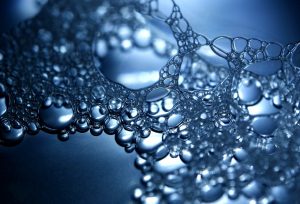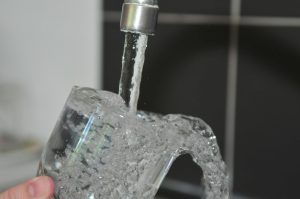How to Get Your RO Filters Cleaned
Water purifier has become
a serious need as it is literally very difficult to survive in such a
polluted environment of today. One can get gallons and gallons of pure
water whenever required if they have a water purifier at home. This is a
better option rather than buying canned waters outside since both time
and money are saved. Maintaining the Reverse Osmosis system in the right
condition is a must. Filters in the Reverse Osmosis system play an
integral part and each consumer should know how and when it must be
cleaned.

When to Clean The RO System
The cleaning period differs from one
person to another person. It solely depends on the usage and the
condition of the water but it is mandatory to clean in every 3 to 12
months. Each model comes out with different filter stages. Routine
maintenance is required for the system to work efficiently. When the
taste of water coming out of the system, changes and the filters and
membranes are worn out, then there is a need to clean up the Reverse
Osmosis system.
What Will You Need
According to Do It Yourself,
it is better to use soft water for the cleaning process and also for
the dilution of the cleaning chemicals used in the system. A cleaning
tank, a Reverse Osmosis cleaning pump, tank cooler, a tank mixer and a
Reverse Osmosis cleaning cartridge filter which helps in removal of dirt
produced during the cleaning process are also other necessary tools
required for cleaning up the Reverse Osmosis system.
Precautions to Be Taken Before You Start
- If filters are to be replaced during the cleaning process, all new filters should remain packed until it is time for a replacement.
- Check whether the place is dirt and dust free.
- Wash the hands before working with the Reverse Osmosis system.
- Wearing sanitary gloves is recommended while working with the Reverse Osmosis system

How to Clean The Filters Of The RO System
Before starting the cleaning up process
firstly cut the water supply to the storage tank. Next, empty the
storage tank completely. Allow the system free for some time and now
remove the filter housings. After removing the filter housings, now
remove the Reverse Osmosis membrane and filters and then replace the
filter housings. Then, dilute the chemicals prescribed by the
manufacturer for cleaning the Reverse Osmosis system. For instance,
bleach which is most commonly used during the cleaning up processes.
Pour and run the solution throughout the system for about an hour. After
running the solution, run soft water to clean the chemicals present in
the system. There are certain chemical residues present in the system
and these should be washed out thoroughly. The filter housings are to be
cleaned with soap solution and rinsed thoroughly with soapy water.
The condition of the O-rings is to be
checked necessarily to ensure whether they need a replacement. If the
rings are completely damaged then they must be replaced. Some O-rings
are found to be dried up and they can be treated with water-based
lubrication and can be used again. As said earlier, filters play an
important role in the Reverse Osmosis system. Filters are the hearts of
the RO water purifier system. It is only the condition of the filters
that states whether the Reverse Osmosis system needs a cleaning or not.
The pre-filter which is used to remove
dirt, dust, and other sediments and the carbon filter which is designed
to remove Chlorine and other contaminants which ruin the taste of water
can be checked whether they require a replacement. It is better to
replace them during this cleaning up process. Now, both the filters are
mounted back to their places. Then, open the valve to allow the flow of
water in the system. Fill the storage tank completely and empty it for
one last time. Now the RO system is cleaned and ready for use.
No comments:
Post a Comment